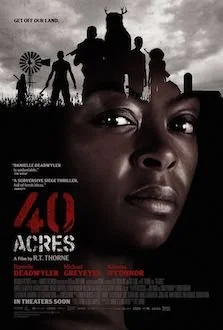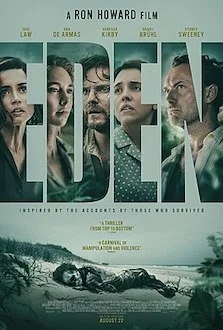Direction: Oliver Laxe
Country: Spain / France
The fourth feature by French-born Spanish filmmaker Oliver Laxe (Mimosas, 2016; Fire Will Come, 2019), Sirat unfolds as a radical road trip that transforms into a breathtaking survival thriller. Watching it feels like being struck by a seismic wave that grips you from the start. Early on, we’re told that Sirat is a bridge connecting heaven and hell—a fitting metaphor for the journey ahead.
Co-written with his regular collaborator Santiago Fillol, the film follows a distressed father (Sergi López) and his young son (Bruno Núñez Arjona) as they search for his missing adult daughter in the southern mountains of Morocco. Along the way, they encounter a group of nomadic ravers caught in trippy dance rituals, awash in hallucinogens and the volatile promise of freedom.
Beautifully shot and powerfully acted, this intoxicating work confirms Laxe as a singular filmmaker. His skill in balancing nihilistic, hallucinatory, and spiritual tones is remarkable. Kangding Ray’s hypnotic trance score meshes seamlessly with Mauro Herce’s vivid, sun-scorched cinematography, deepening the film’s immersive atmosphere.
Aside from López, Laxe again directs non-professional actors, maintaining his idiosyncratic style—measured, raw, and far removed from conventional storytelling. Drawing inspiration from Kiarostami’s Taste of Cherry (1997) and produced by Pedro Almodóvar, Sirat is a grave, unsettling meditation on loss and human frailty. It builds on fear and anguish, creating a palpable sense of doom that seeps into your bones—you’ll feel the sweat on your back in its most intense moments.
Sirat is a punchy, excruciating film that shakes things up in a way rarely seen on screen. An audacious leap forward for Laxe, who edges ever closer to becoming one of auteur cinema’s defining voices.






